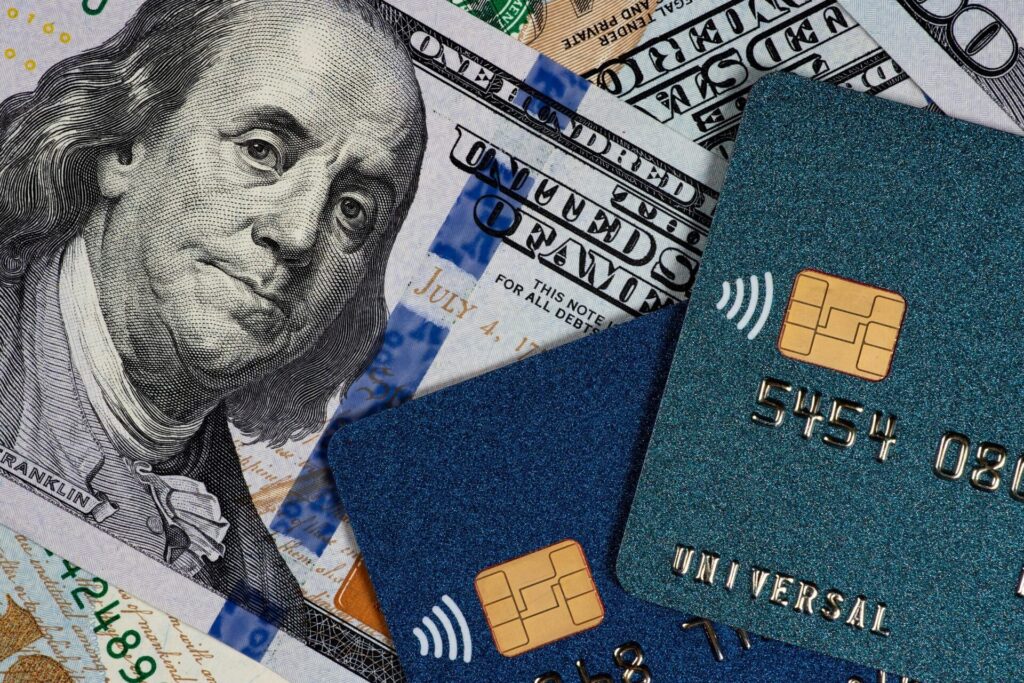If you’ve ever applied for a loan or credit card, you’ve probably heard the term “credit” thrown around. But what is credit, exactly? In simple terms, credit is the ability to borrow money or access goods or services with the understanding that you’ll pay for them later. Let’s take a closer look at what credit is and how it impacts you.
The basics
Credit is essentially an agreement between a borrower and a lender. The borrower receives a certain amount of money or access to goods or services, and agrees to pay it back over time, usually with interest. Credit can be a useful tool for making large purchases or dealing with unexpected expenses, but it also comes with risks.
Types of credit
There are several types of credit, including:
- Revolving credit: This type of credit allows you to borrow up to a certain limit, and you can repay it as you go. Credit cards are an example of revolving credit.
- Installment credit: With installment credit, you borrow a set amount of money and pay it back in fixed installments over time. Car loans and mortgages are examples of installment credit.
- Service credit: Service credit is when you’re allowed to use a service, like a gym membership or utility service, and pay for it later.
How credit impacts you
Your credit history is a record of how you’ve managed your credit accounts in the past. A credit score is a number that represents your creditworthiness, or how likely you are to pay back a loan or credit card balance. Your credit score is calculated using factors like your payment history, credit utilization, and length of credit history.
Having good credit can make it easier to get approved for loans or credit cards, and can also lead to lower interest rates and better terms. On the other hand, having bad credit can make it harder to get approved for credit, and can result in higher interest rates and fees.
Credit is a tool that can be useful for making purchases or dealing with unexpected expenses, but it also comes with risks. Understanding the different types of credit, and how your credit history and credit score impact your ability to access credit, is an important part of managing your finances. Now, the next time you hear someone ask “what is credit?”, you’ll know exactly what they’re talking about!










